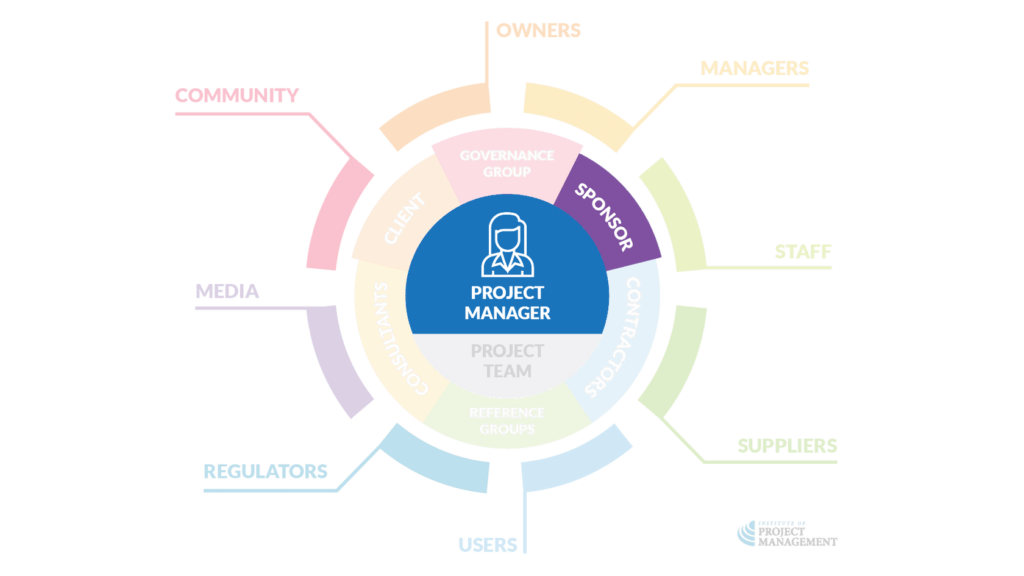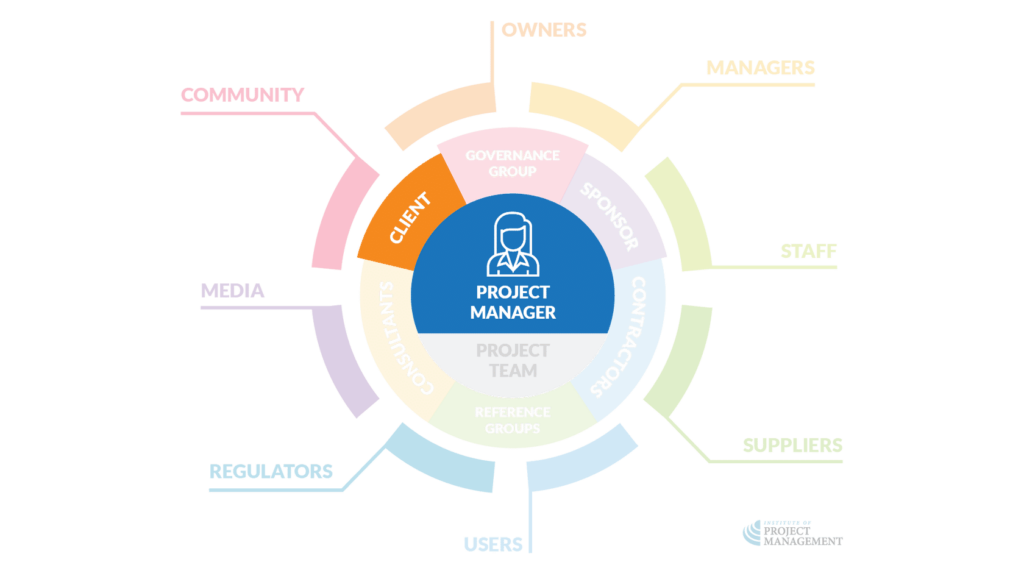Who is the sponsor?

The project manager’s most important relationship is with their project’s sponsor.
There are many definitions and expectations of the project sponsor. Essentially, the sponsor is the person who authorizes the release of project funds.
The sponsor may not be the project manager’s day-to-day (business as usual) manager.
If, as a project manager, you don’t know who your sponsor is, ask who you go to first when you need more money or resources for your project.
A good project sponsor will also support you by:
- Clarifying business priorities and strategy
- Providing a clear decision-making framework (and making timely decisions)
- Taking ownership of and responsibility for key stakeholder relationships, and
- Encouraging and rewarding ethical conduct; after all, this relationship will function best when it is built on trust.
Ideally, the sponsor will also advocate for your project, lobbying for support among the broader stakeholder community.
For that reason, you will often hear the sponsor referred to as the project’s ‘champion.’
Other sponsor responsibilities
Other sponsor responsibilities include:
Strategic alignment
As a senior executive, the sponsor is well-positioned to keep the project aligned with the organization’s strategy, program, and portfolio direction.
This means primarily focusing on the realization of outcomes (whereas the PM’s primary focus is on delivering outputs).
Risk appreciation
The sponsor’s birds-eye view of the project also means they may identify risks that the project manager may not be privy to or aware of.
They will also authorize minor changes to keep the project on track.
Integrating operations
The sponsor will work with business managers and the sponsors of other projects to ensure the optimal use of organizational resources.
This is important, as the project manager often does not have the authority or political leverage to secure the necessary support.
Mediating conflict
Occasionally the project manager will elevate conflicts to the sponsor to resolve.
This may include conflicts to which the project manager is a party (meaning they may lack the objectivity necessary to resolve the situation) or conflicts ‘above their pay grade’ among highly powerful or influential stakeholders.
Ensuring quality
Along with the project manager, it is the sponsor’s responsibility to ensure that the organization’s standards for the management of projects are consistently adhered to and met.
The sponsor will also authorize the final handover of project deliverables to the client and the ultimate closure of the project.
Sharing knowledge
The sponsor should also ensure client feedback and lessons learned are shared across the organization.
This ensures that the delivery of (future) projects continually improves.
The client

The client is the person who requests, finances, and ultimately accepts the project’s output(s).
Sometimes the sponsor will also be the client of the project.
This is especially true of internal projects; that is, projects commissioned by the organization for their internal use.
In projects where the client is external to the organization, the sponsor is usually a senior manager or executive with line authority over the project and its manager, such as a program manager.
The only time the client is the project manager is when they spend their own money on the project (and self-reporting).
Clients (especially external clients) must be kept engaged throughout the project’s life, especially when scope changes are contemplated.
Many projects underperform or fail because this obvious principle is ignored.




